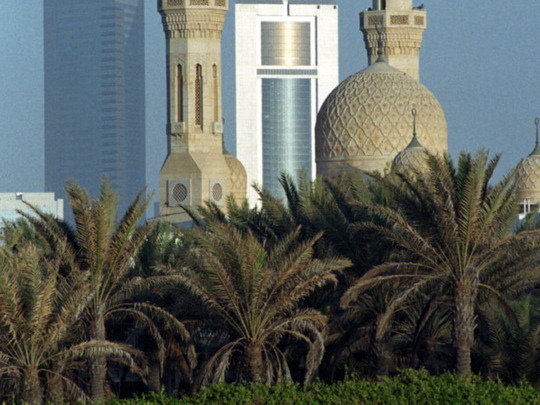
Since the UAE’s formation in 1971, the nation, and particularly Dubai, has grown rapidly to become one of the world’s most important economic centres. Dubai’s location and infrastructure ensure easy access to the US, Europe and Far East, making it a global business hub. This reflects in Dubai’s successful bid to host World Expo 2020, which will lead to further improvements in infrastructure.
Dubai attracts businesses and individuals from across the globe on account of its climate and secure and multicultural environment. These have resulted in the UAE being ranked the happiest Arab country and 14th happiest country globally in a recent UN report.
But Dubai has more hurdles to cross before it can become a global private banking and wealth repository.
Islamic finance regulatory system
Despite Dubai’s rapid economic growth, the legal system requires greater depth — for instance, regulations that address Islamic finance and products, bankruptcy and inheritance.
Dubai wants to position itself as the global Islamic economy hub, which requires the development of a regulatory and legal infrastructure including laws governing Islamic constructs. Also, no city is equipped with an Islamic finance dispute resolution centre to address complexities entailing Islamic structures, enabled in some ways by English and American law. If Dubai builds such a centre, institutions and attendant wealth would be increasingly drawn to the emirate.
Inheritance concerns
The UAE’s laws consider the issue of inheritance for Muslims and non-Muslims who die in the country separately. Upon the death of a Muslim, his/her estate is subject to Sharia inheritance rules, which require its distribution in certain proportions and to certain people. The deceased cannot opt out of this by virtue of a will or any other means. However, commentators have noted that Dubai would attract a huge influx of capital if non-Emiratis residing in the UAE were granted the freedom to apply the law of their choosing for their assets as they possess in their home countries.
Another obstacle that hinders wealth creation in Dubai is the errant application of Sharia inheritance rules on the estates of non-Muslims. The UAE’s laws provide that the courts can apply the inheritance rules of the deceased’s country or religion to their estates (with certain limitations relating to real property in the UAE). But the trend in recent years has been to apply Sharia principles regardless of whether the deceased had a will or requested the application of another law. This has led many non-Muslims, including those with significant private wealth, to invest outside the UAE or move assets elsewhere.
Going forward
Dubai is the natural business hub for the Middle East and North Africa and its success is evident in its booming real estate market and resurgence of economic activity. However, for Dubai to become a financial centre on a par with New York, London and Singapore, key regulatory changes need to be made to level the playing field. The rule of law, sanctity of contract, predictability in the legal process and reliability on courts and arbitral judgments are required to enable this transition.
So far Dubai has done the impossible in creating and achieving ambitious visions. Now, it needs to make changes within to become a global finance hub.
— The author is Managing Partner of Agha & Co, a boutique legal consultancy focusing on Islamic law/finance and cross-border transactional and corporate practice











